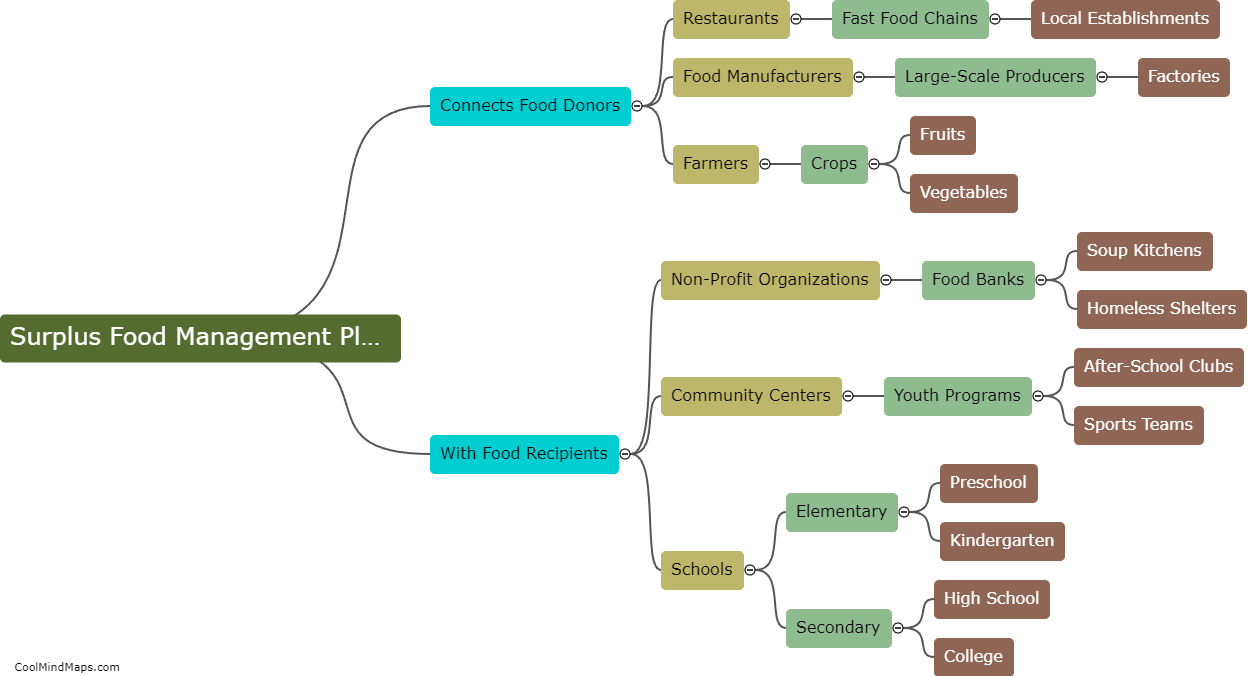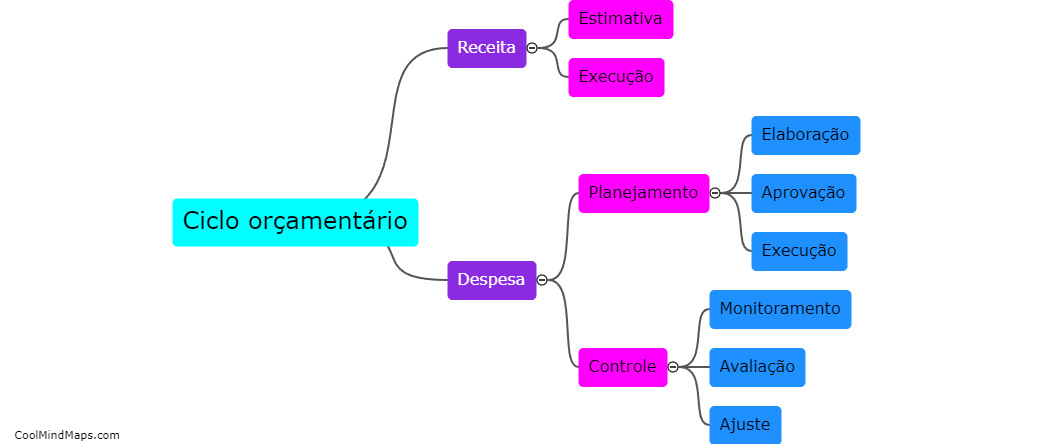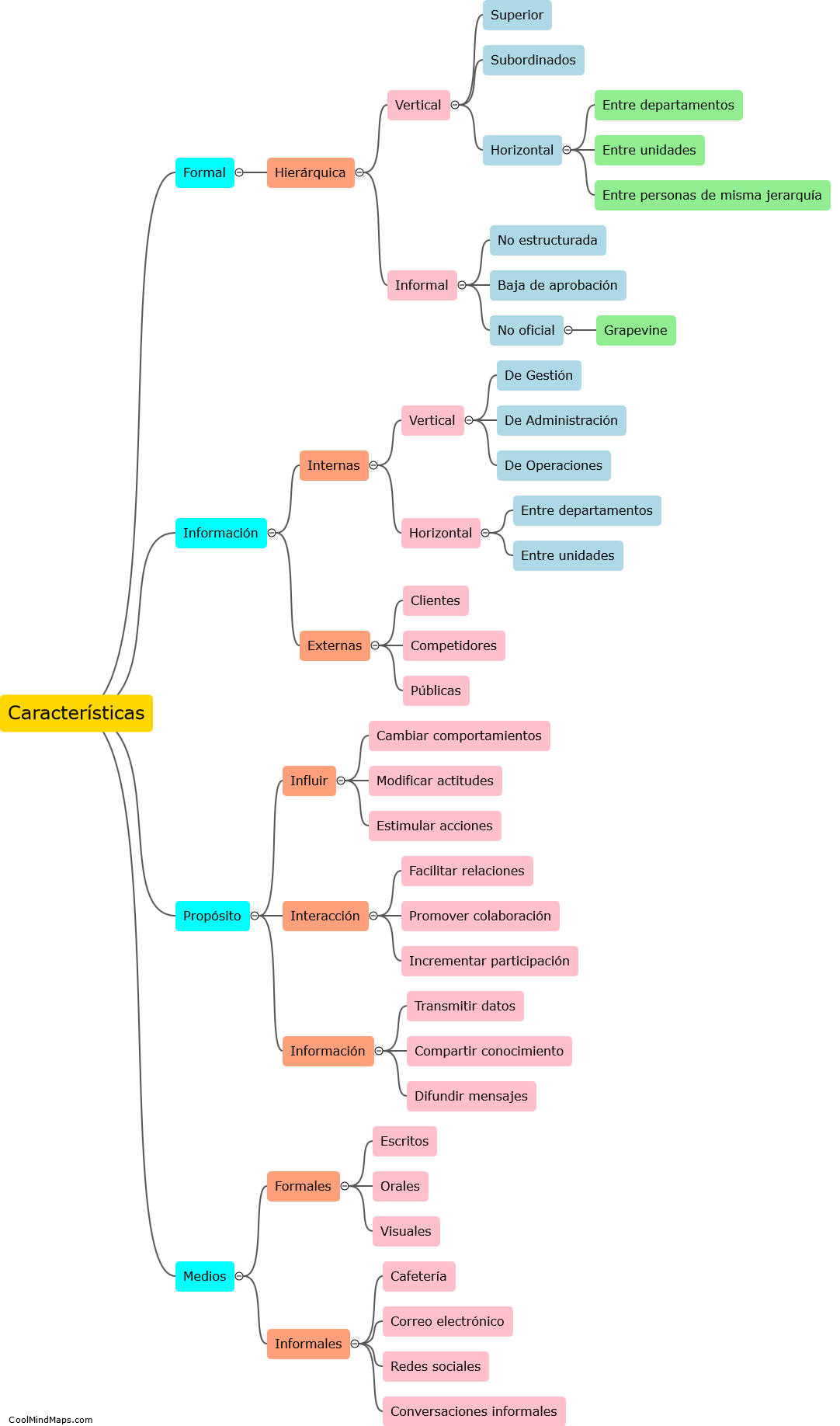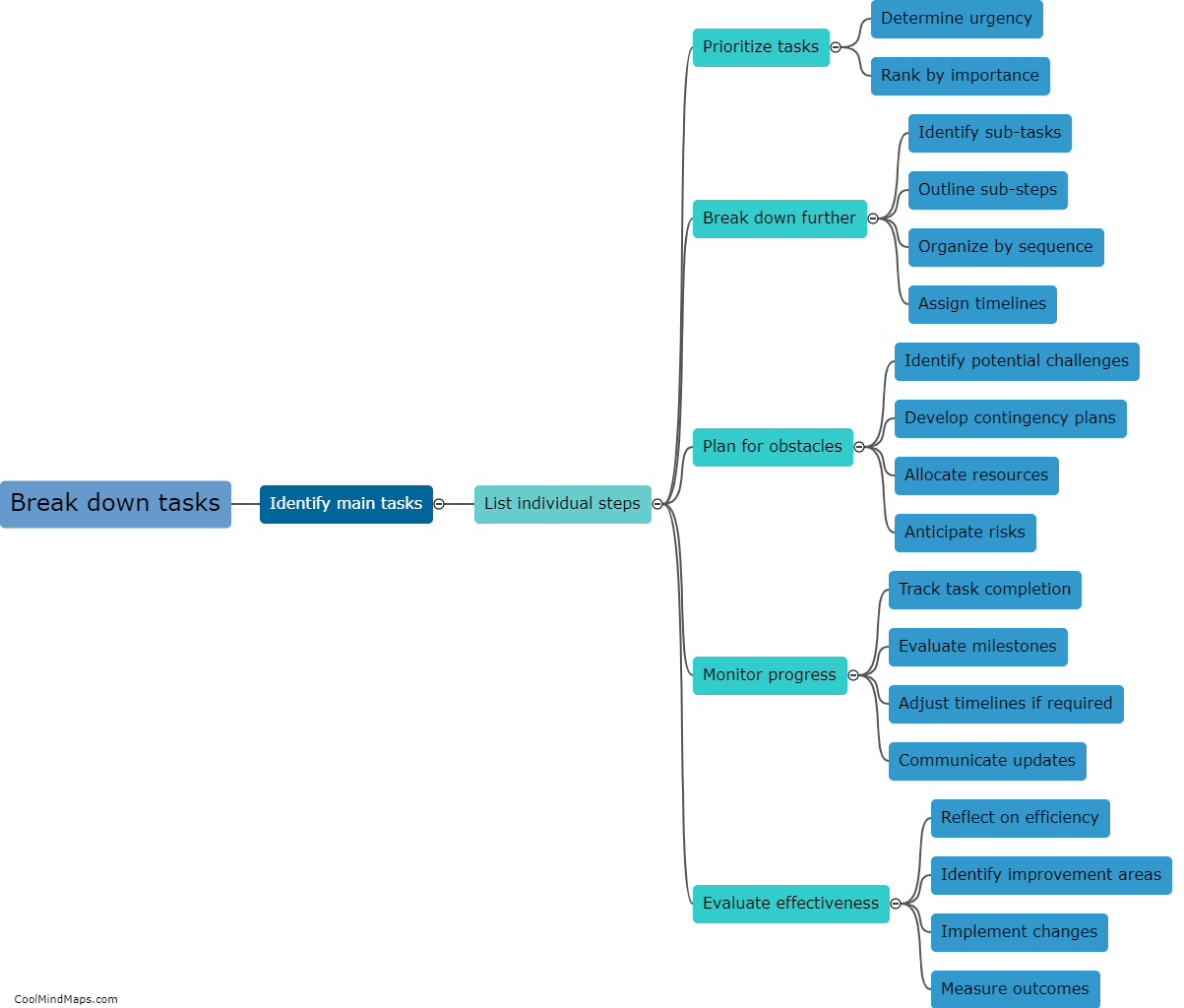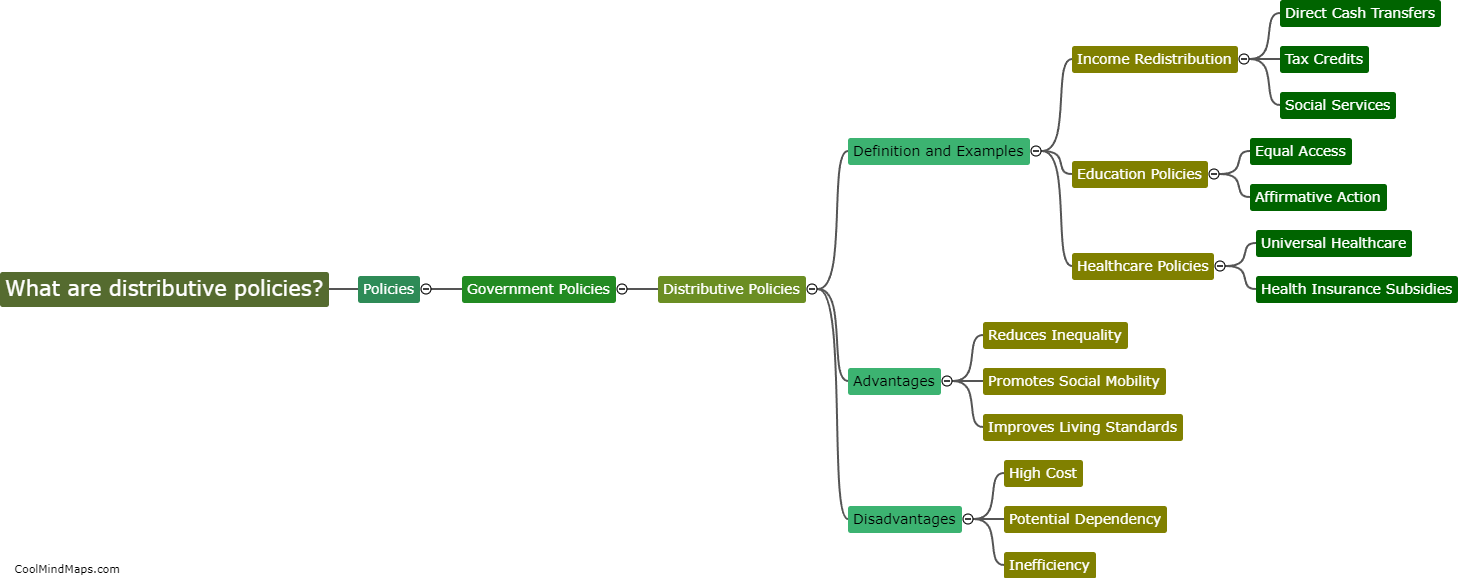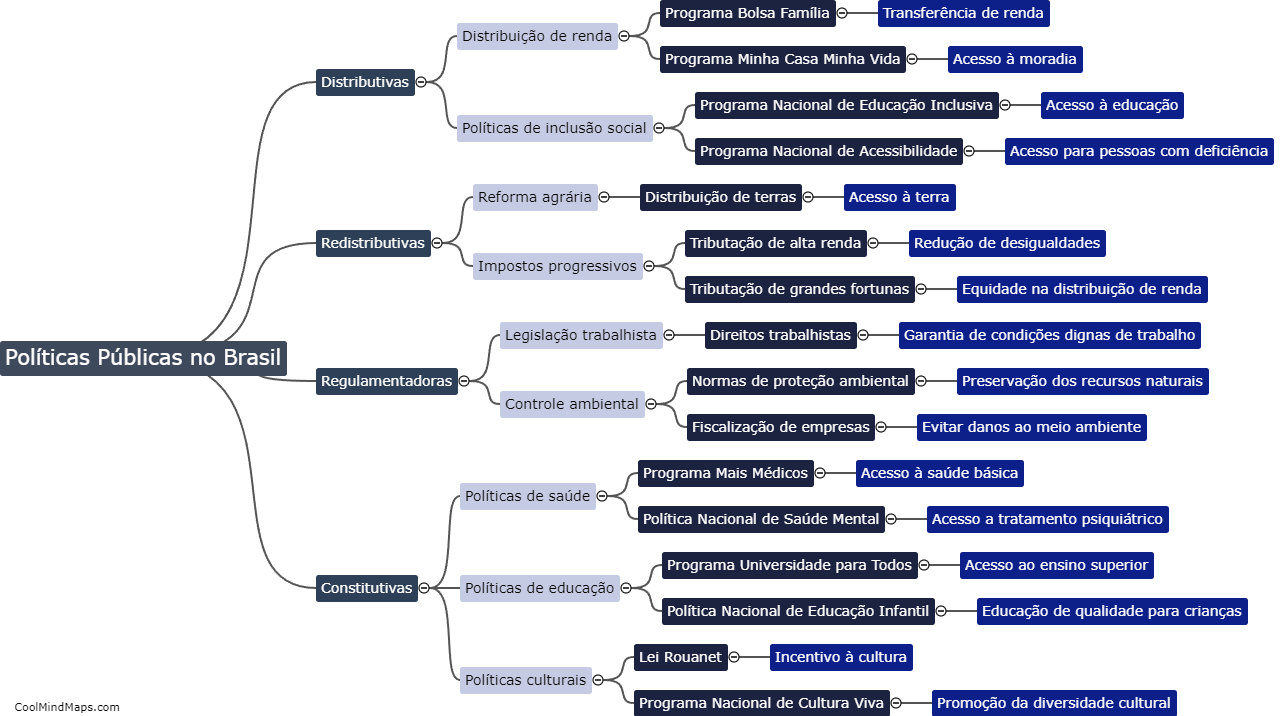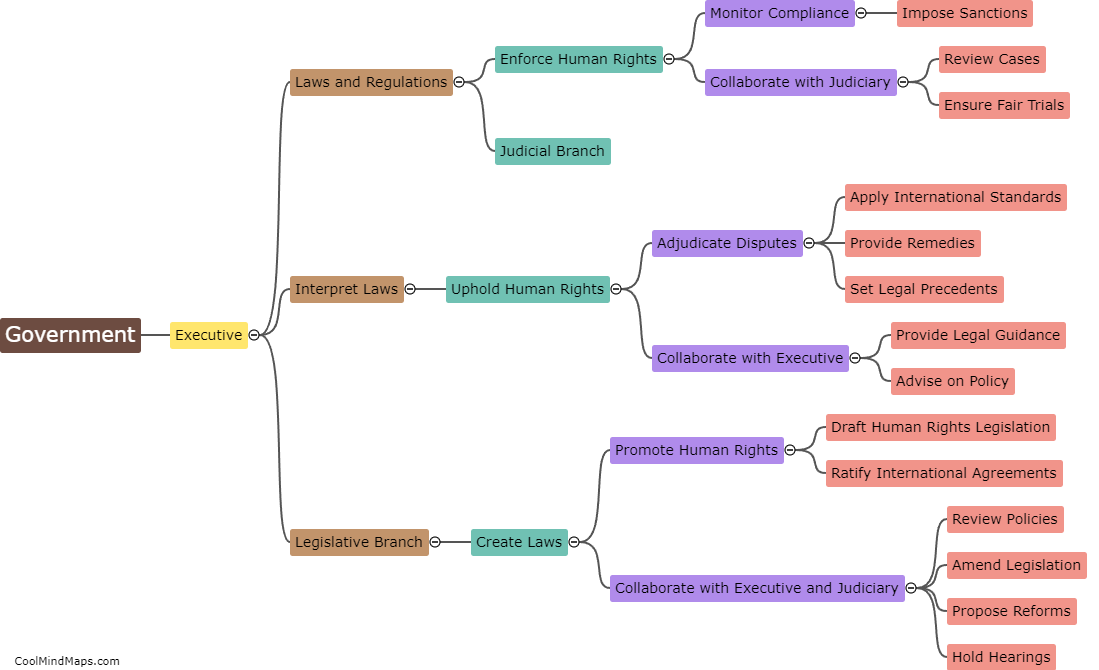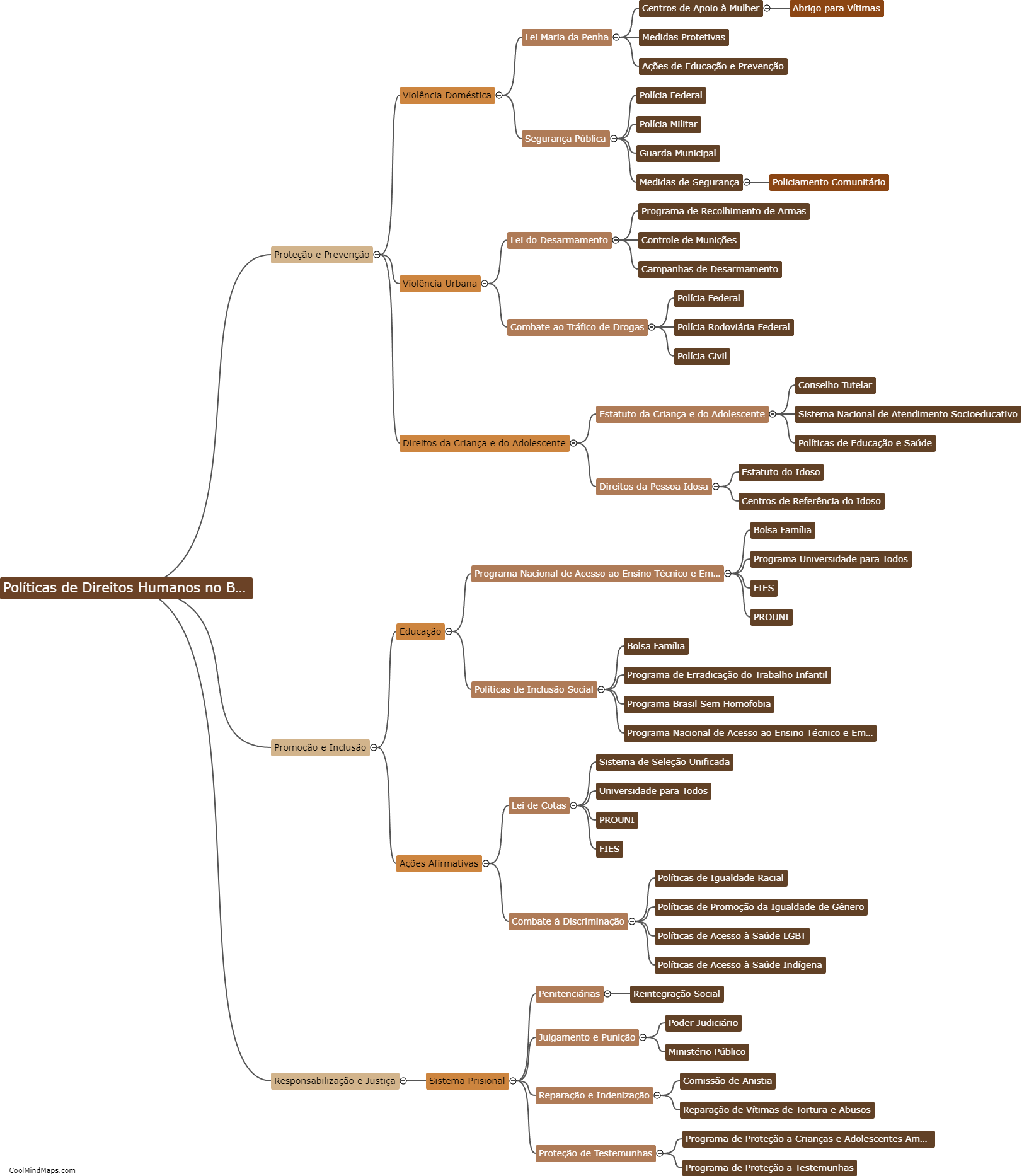What are distributive public policies?
Distributive public policies refer to government initiatives and actions that aim to distribute resources, benefits, or opportunities among different groups or individuals in society. These policies are designed to address inequalities, promote social justice, and ensure that everyone has access to essential goods and services. Examples of distributive policies include welfare programs, educational subsidies, healthcare services, and progressive taxation. Such policies are often implemented to reduce poverty, improve living standards, and bridge the gap between the rich and the poor. The underlying principle of distributive public policies is to create a fair and equitable society where everyone has equal opportunities to thrive.

This mind map was published on 7 February 2024 and has been viewed 103 times.
